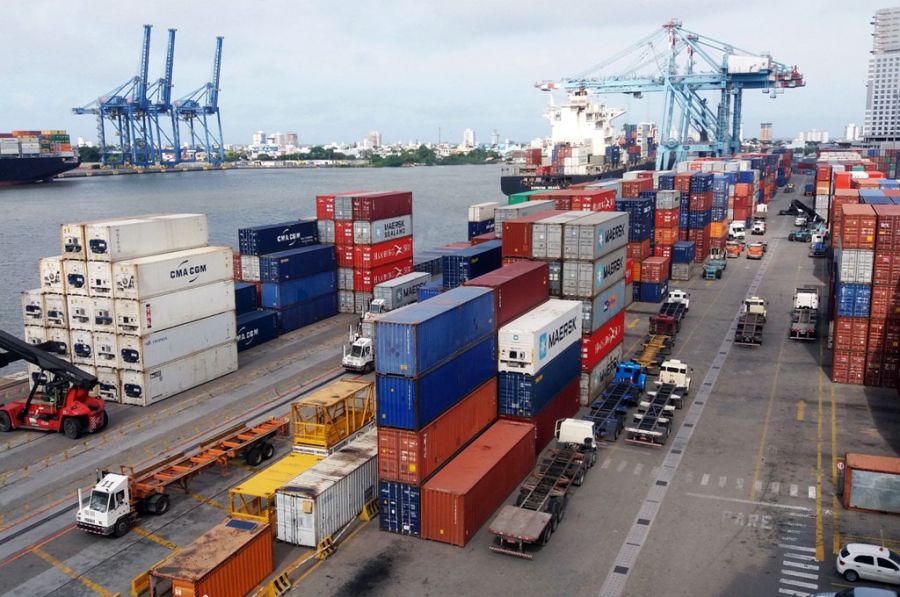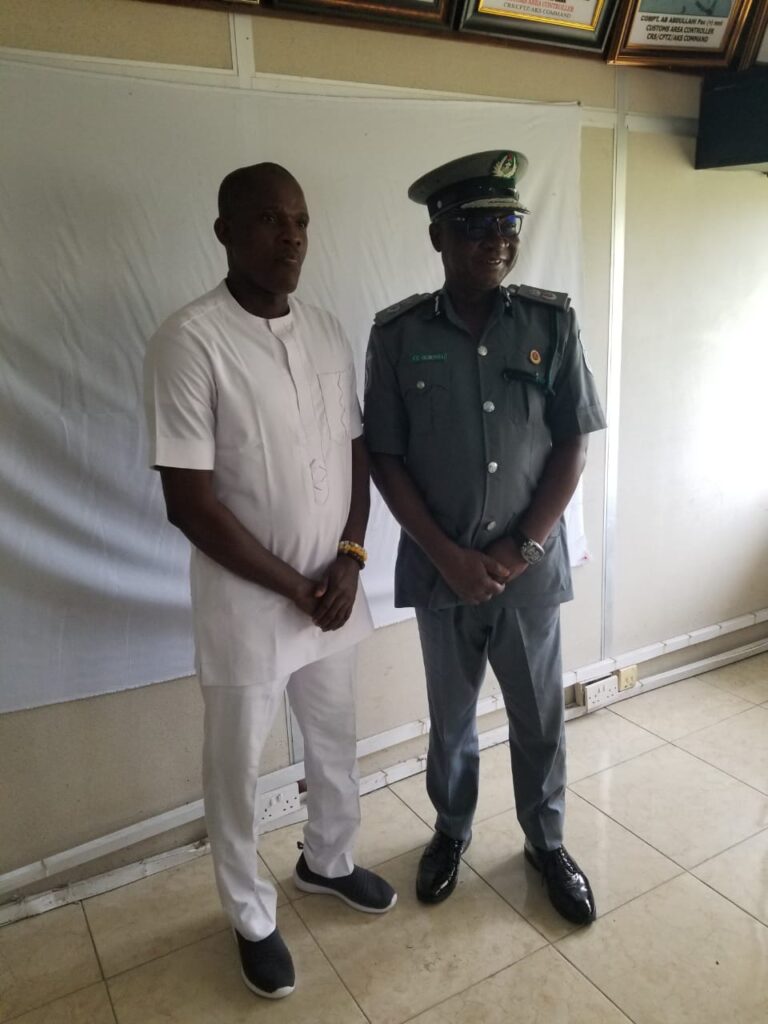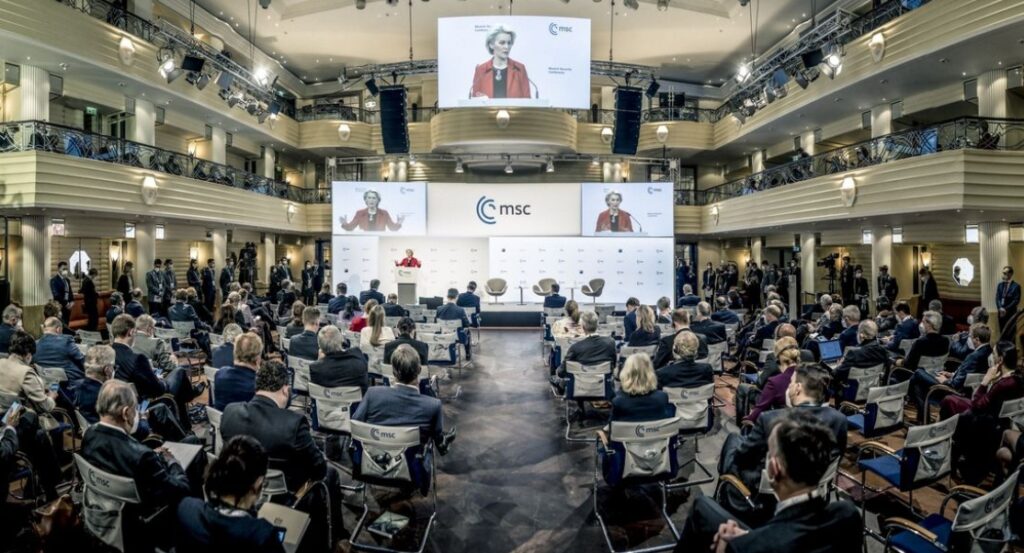NPA, Customs Interface With MAN Over Shipments

Members of the Manufacturers Association of Nigeria, MAN, have met with the Nigerian Customs Service, NCS, and management of the Nigeria Ports Authority in Calabar.
On Wednesday, the manufacturers met with federal institutions to discuss further ways to cooperate and ease ways of doing business in both Akwa Ibom and Cross River States.
The acting chairman of the Manufacturers Association of Nigeria, MAN, in both states, Mr. Usen Umoh, who led the familiarisation visits, said interfacing with the two institutions enabled his members to point out what issues were affecting them.
MAN appealed to Calabar Port management to grant them more waivers so that they could use the port.
Mr. Umoh said there are many manufacturers in both states who are eager to utilise the services at the Calabar Port since it has become very functional.
He said the port will save them a lot of strain and stress compared to using Onne Port in Rivers State and Badagry Port in Lagos State to export or receive their goods with inadequate road infrastructure.
“We are thrilled to note that the Calabar Port, which is nearby, has since become functional and active. An increasing number of our members have realised this and are patronising the port.
“We appeal to Calabar Port management to grant our members more waivers on our export-bound goods.”
“We also want to take full advantage of the 180-day window granted to local manufacturers to export their goods and import through the Calabar Port instead of Lagos or Onne ports.”
The Calabar Port Legal Officer, Barrister Ekanem Bassey, who represented Port Manager Olumati Festus at the interface, welcomed the MAN delegation.
She confirmed that “Calabar Port has since become active and very functional.
“16 to 18 megaships with up to 190 LOA capacity now berth at the port every month. Regrettably, many manufacturers still choose, out of ignorance, to endure significant stress when moving their goods through either the Onne or Lagos ports.
“The ocean-going vessels conveying bulk cargo, both dry and wet, as well as general cargo, arrive at Calabar port in large numbers.”

“We give lots of concessions and waivers to exporters and importers at the port as a way of discouraging them from going through huge expenses and stress at other distant ports.”
She also revealed that they have three automated terminals and have resolved the dredging issue.
Also speaking, the traffic manager, Albert Alaleye, disclosed that they have held meetings with firms that do imports and exports in both states to sensitise them about the port’s functionality.
Alaleye disclosed that the Calabar Port serves the Adamawa/Taraba/Borno axis, confirming that vessels from the port also service neighbouring countries like Cameroon, Gabon, and Equatorial Guinea.
He added that they, however, prefer flat-bottom vessels because of tide, adding that they have equipment that can handle all manners of cargoes.
At their meeting with the management of the Nigerian Customs Service in Calabar, they expressed happiness with the partnership with the organisation.
MAN members said they needed to chart better ways to improve their relationships in the two states.
Usen Umoh addressed Mr. Chukwudi Gabriel Ogbonna, the Area Controller of Nigerian Customs Service, NCS, for Cross River/Akwa Ibom States, saying, “We manufacturers cannot do without NCS.”
In addition to manufacturing, we also engage in import and export activities. Therefore, we must always interface with NCS. Our businesses have a lot to do with customs.
“We came to solicit greater cooperation between ourselves and the NCS,” Umoh said.
Responding, the Area Controller Ogbonna welcomed the manufacturers, saying the NCS cannot do without them.
He stressed that Nigeria should have greater numbers of manufacturers instead of hotels.
He observed that there seem to be more hotels in the country compared with manufacturing facilities.
He emphasised that the activities of manufacturers are essential for boosting a national economy.
“Local or national economies cannot survive without manufacturers. A manufacturing or productive economy energises any economy.
“But in Cross River and many other states, there appear to be more hotels than manufacturing concerns.” It shouldn’t be that way.
“When manufacturers are not working, we ourselves suffer.” When manufacturers are working, we take in revenues. We should give more support to local manufacturers.”









